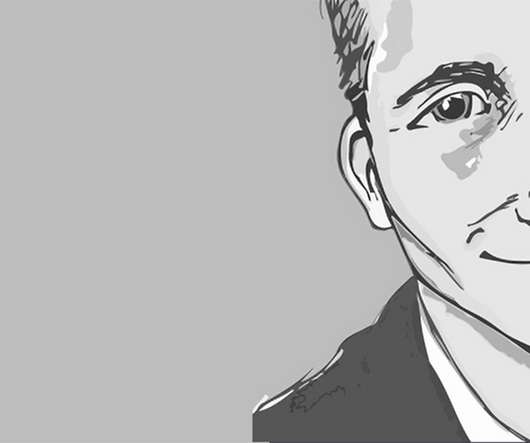Anxiety in Late Life and Serious Illness: A Podcast with Alex Gamble and Brianna Williamson
GeriPal
JUNE 27, 2024
Alex is a triple-boarded (palliative care, internal medicine, and psychiatry) assistant professor of medicine at Stanford. I think I certainly have had a lot of friends and colleagues in internal medicine who are so fearful that, oh, if I get this definition wrong, I’m going to cause some harm.












Let's personalize your content